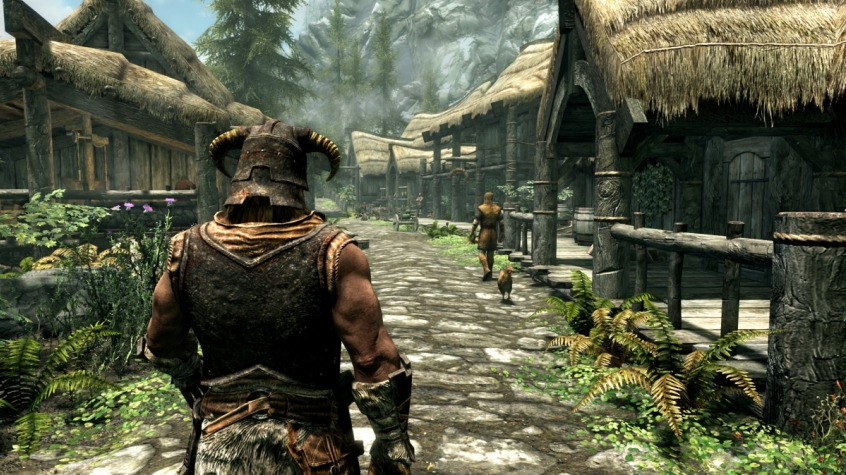
Game modders can now rejoice, as Nexus Mods, the world's largest modding website for games, will now be rewarding the third-party content creators with compensation. Modifications (mod) are scripts, add-ons, new content, or adjustments to a particular video game which enhance the gameplay experience and are not made by the developers; hence, they are unofficial.
Nexus Mods will now introduce a donation-type system for its faithful and industrious modders, which is set to be introduced sometime in 2018. This will properly recompense the time and effort that the third party modders have spent on the coding and everything else involved in creating mods for popular games like "Skyrim" and "Fallout 4" on the PC.
The compensation amount the modders receive will come out of a monthly pool initiated by the website and supplemented by users who wish to donate. As such, what modders will receive will vary depending on the popularity of their mod, as well as how many downloads it has accumulated. With a population of 13 million users and millions of downloads each month from mods for popular Bethesda games, some modders might even make the hobby a full-time job depending on how generous the compensation structure is.
One thing to note is that there will be a point system based on the unique downloads of a certain mod. Polygon explains that the point system favors quality instead of quantity, meaning 10 unique users who download a single mod will give more points compared to 10 different mods with only one unique user downloading all of them. Whether this is the permanent structure remains to be seen, but there are possibilities that it can be changed based on community feedback.
The points can either be traded for the reward or converted to cash as Paypal remittance or Amazon gift cards. Users who do not spend their points need not worry as they accumulate over time and do not disappear after being stagnant.
The new system is expected to be in place during the first quarter of 2018, and interested people can check out the in-depth details of the compensation structure here.













